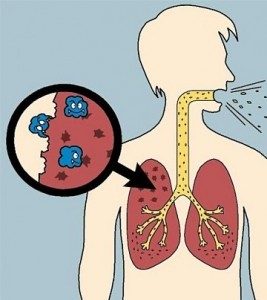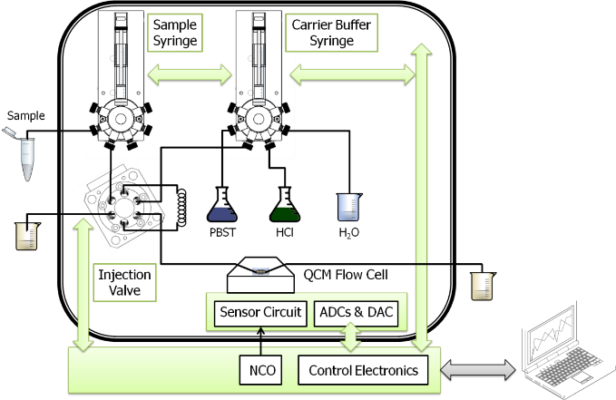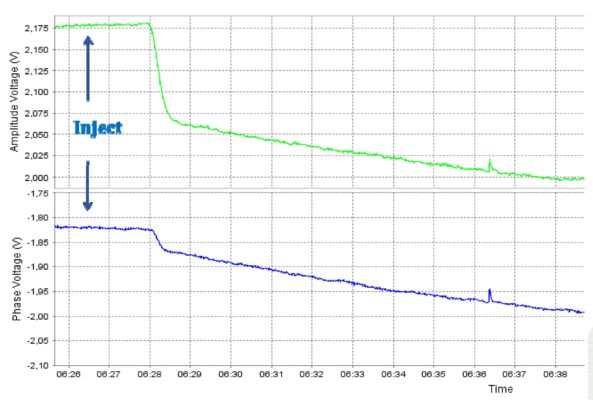Monoclonal Antibodies for tuberculosis
Supply of monoclonal antibodies directed to Micobacterium tuberculosis antigens
The goal of this project was to obtain monoclonal antibodies against new membrane antigens of Micobacterium tuberculosis, the main responsible microorganism of tuberculosis disease. Monoclonal antibodies will subsequently be used as specific immunoreagents in the design and development of new immunochemical methods (ELISA and immunosensors) to facilitate tuberculosis diagnosis.
With this aim, an appropriate biomarker (antigen) should first be selected. Once monoclonal antibodies are available, the corresponding ELISA and immunosensor should be developed. Finally the new immunoanalytical methods would be applied in the detection of the selected biomarker in cultures of Mycobacterium tuberculosis and in sputum samples from suspected tuberculosis patients.
- Micobacterium tuberculosis biomarker selection: 38 kDa antigen
- A collection of monoclonal antibodies to the 38 kDa biomarker with the required sensitivity for antigen detection in real samples
- A high sensitivity ELISA for the analysis of the 38 kDa biomarker
- A high sensitivity piezoelectric immunosensor (High Fundamental Frequency Quartz Crystal Microbalance: HFF-QCM) for 38 kDa analysis




